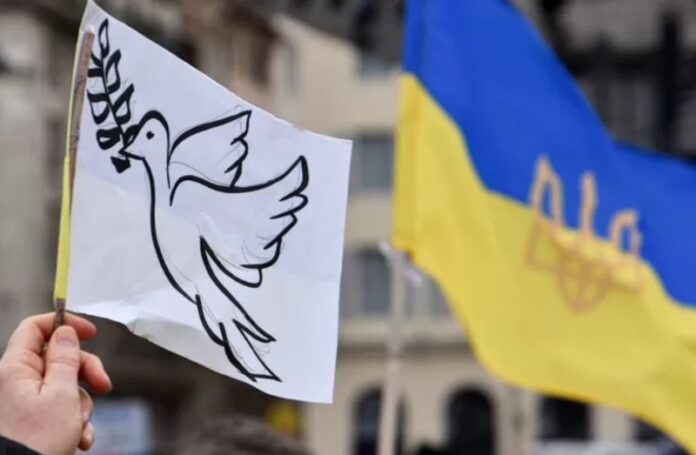Переговори між Україною і Росією тривають, торкаючись важливих гуманітарних питань, незважаючи на напружені відносини між країнами.
За інформацією The Washington Post, сторони домовляються про важливі аспекти: обмін військовополоненими та передачу тіл загиблих, а також забезпечення проходу суден через Чорноморські порти. Нещодавно почали обговорювати повернення українських дітей, які перебувають у Росії.
Цікаво, що в низці випадків для поліпшення комунікації між Україною і Росією використовувалися посередники, такі як Туреччина, Катар, Об’єднані Арабські Емірати, Саудівська Аравія, Ватикан і Міжнародний комітет Червоного Хреста. Проте більша частина обміну військовополоненими і тілами загиблих здійснюється безпосередньо через окремих представників.
Ці контакти проводяться на північному сході України в Сумській області, єдиному місці, де російські війська не активно просуваються. Обмін часто супроводжується оголошенням перемир’я.
Ці переговори і контакти між сторонами не розголошуються, і більша частина спілкування залишається в таємниці.
“Це дуже емоційно складно. Вони – вороги, але якщо говорити про переговорний процес, то цей конфлікт інтересів потрібно подолати. Ми розуміємо, що б не сталося, які б у нас зараз не були стосунки, ми як українці зацікавлені в поверненні наших захисників, і якщо ми відкидаємо всі канали зв’язку, ми цього зробити не зможемо”, – заявив співробітник української воєнної розвідки, який очолює координаційний центр і спостерігає за перемовинами щодо обміну полоненими Дмитро Усов.
Женевські конвенції передбачають обмін військовополоненими після закінчення бойових дій. Проте Україна прагне швидшого повернення своїх громадян через документовані факти їхніх катувань.
Туреччина зіграла важливу роль у забезпеченні місця для переговорів, ставши нейтральною територією. Україна і Росія провели зустрічі в Стамбулі, залучаючи різних посередників. Уміння міністра оборони України Рустема Умерова володіти турецькою мовою і встановлювати зв’язки в Туреччині виявилося цінним для вирішення питань у цій країні.
Важливо зазначити, що незважаючи на складнощі та конфлікти інтересів, переговори з гуманітарних питань залишаються пріоритетом для обох сторін. Це свідчить про готовність працювати разом над вирішенням людських проблем, навіть в умовах збройного конфлікту.


